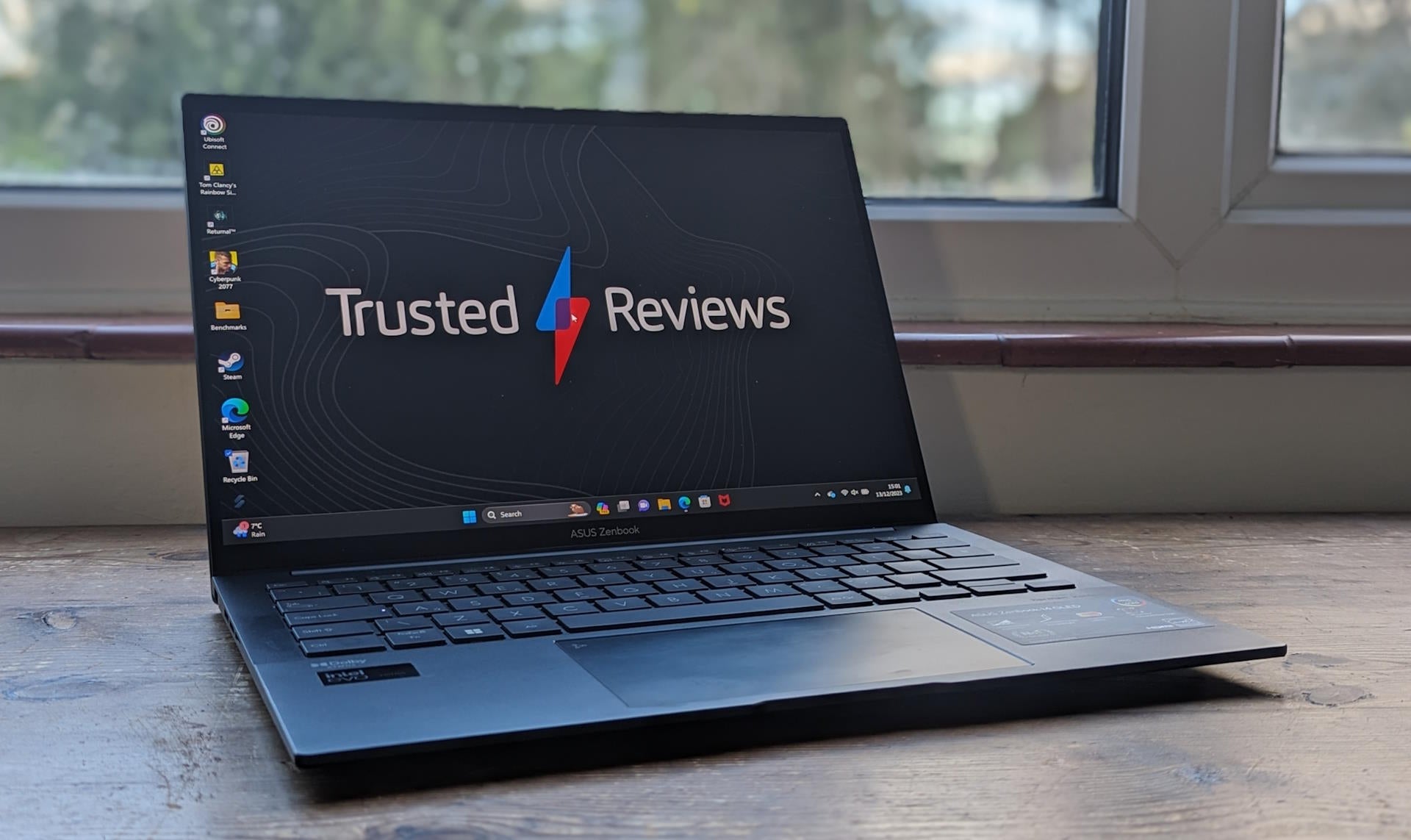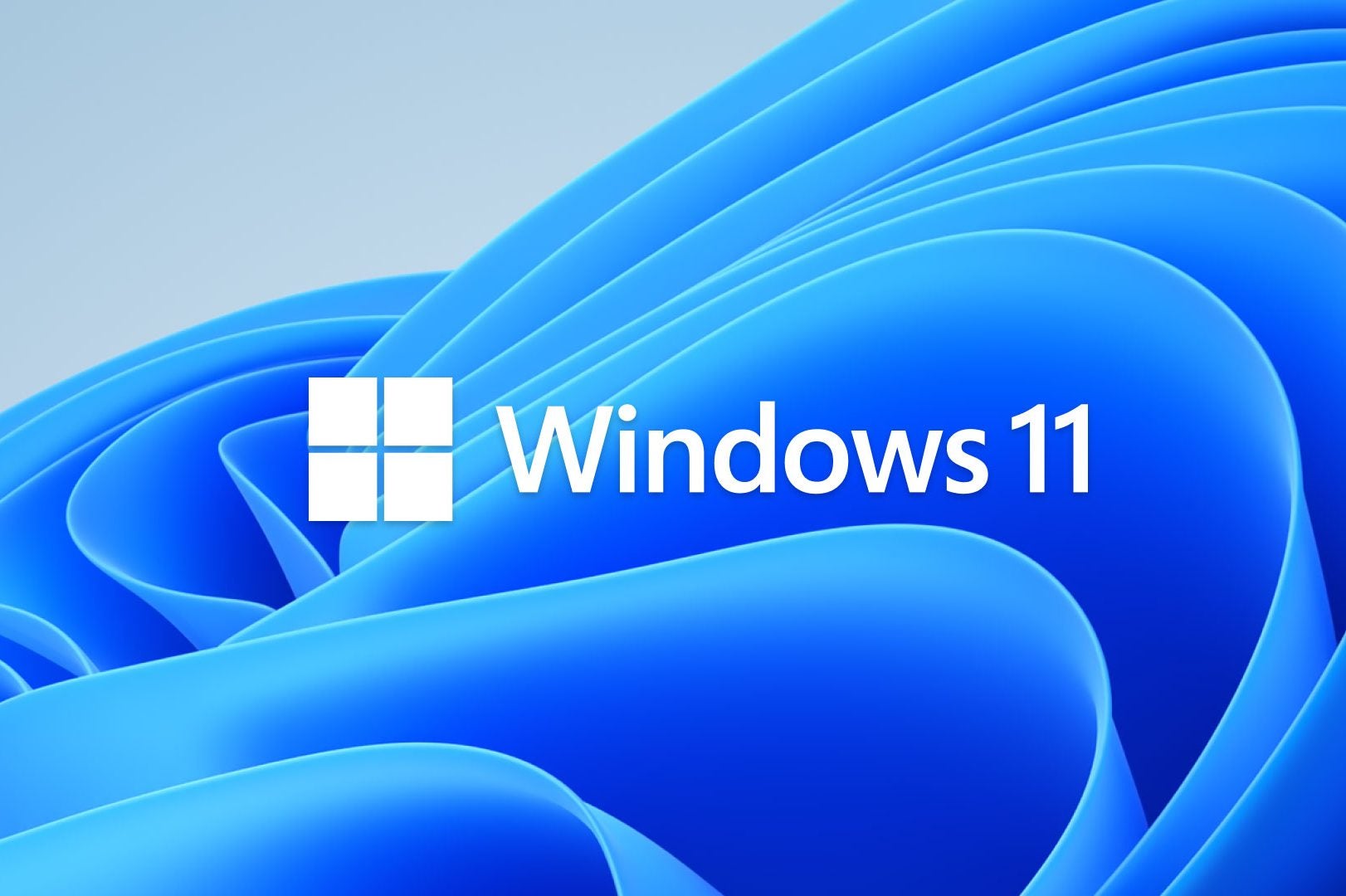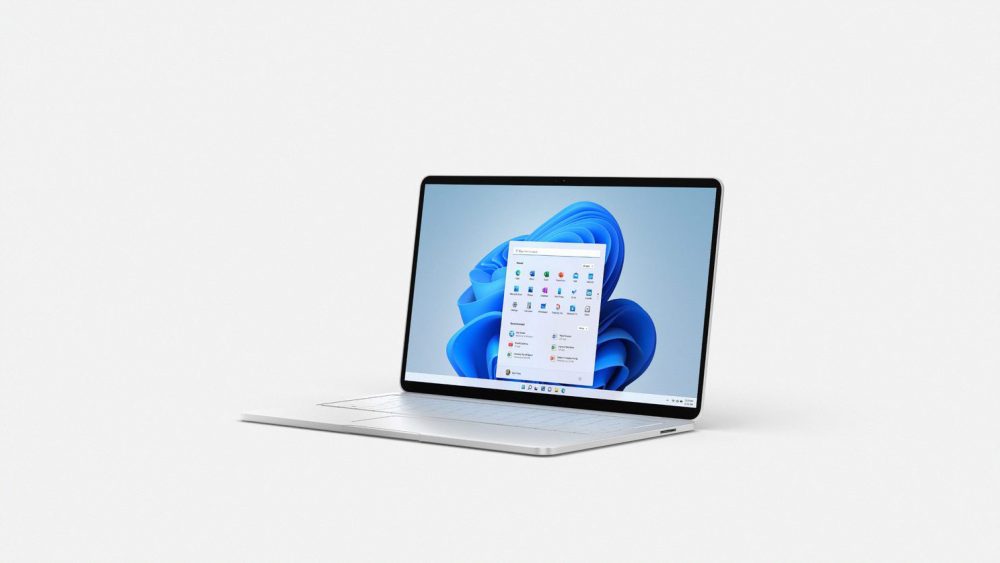Ctrl+Alt+Delete: Windows 11 shouldn’t be Microsoft’s last OS release
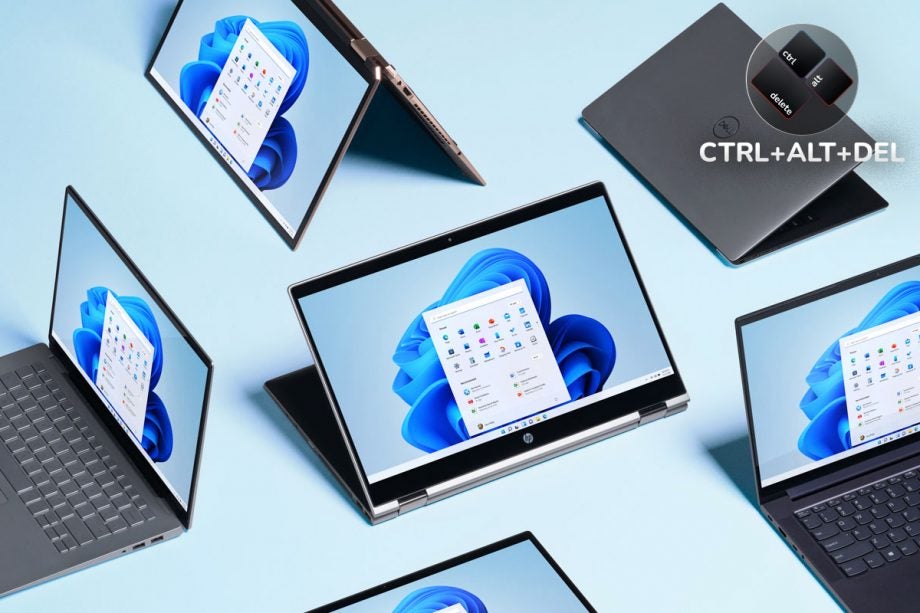
Microsoft made a dramatic U-turn this week as it revealed Windows 11, despite previously calling Windows 10 ‘the last version of Windows‘.
Reports suggest Microsoft changed its mind following the events of the global pandemic, as it needed to react to new user behaviour and needs. Incoming dual-screen devices, such as the Surface Neo, have also prompted Microsoft to launch a new OS that supports such form factors.
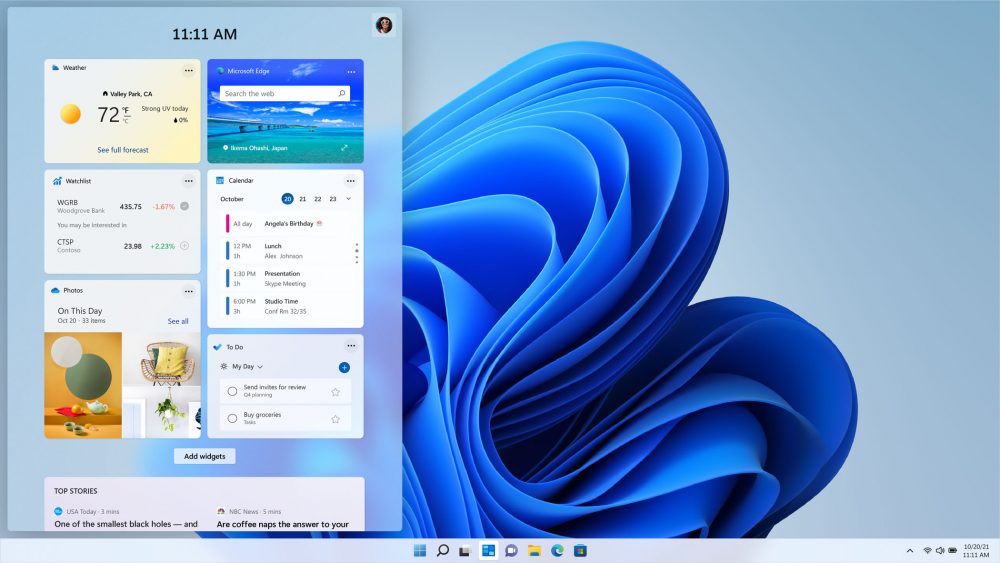
But will there ever be a Windows 12? Microsoft may well stick to its guns and say that Windows 11 was only released because of unforeseen special circumstances, but I believe that move would be a mistake. The Windows 11 reveal showed that there’s a lot of benefit in releasing new iterations of operating systems rather than relying on incremental updates.
Don’t get me wrong, I can absolutely see the appeal of sticking to one operating system and continuously updating it with minor upgrades, especially as you don’t need to worry about your system lacking support. But looking at Windows 10 now, I think this experiment has failed.
I personally think Windows 10 has stagnated in the 5-year period it’s been available. It’s packed full of features that can rival macOS, but it also suffers a myriad of performance issues. Apps often crash, there are frequent slowdowns and the likes of the Microsoft Store have failed to remain competitive with rival services, with huge app omissions such as Disney Plus.
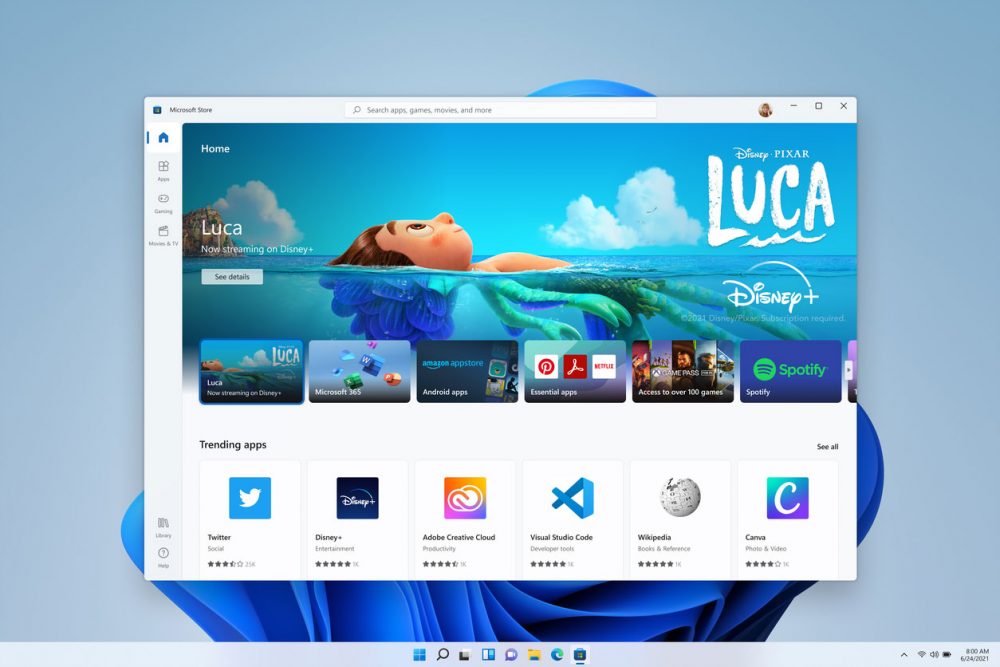
The Windows 10 design is also starting to look bland. Maybe it’s simply the case that I’ve become so accustomed to Windows 10 that I’m craving something new, but I’m very excited to see the aesthetic alterations once Windows 11 becomes available.
Windows 11 will also be 64-bit only. This unfortunately means less devices will support the new OS, but it also ensures Microsoft can start looking forward more than backwards for future innovations.
The main appeal of Windows 11 in my eyes, however, is that it’s been designed for a modern audience in 2021. Things have changed a lot since 2015. We now use far more cloud-based apps, we’re starting to see dual-screen form factors and Arm-based laptops are becoming more and more common. Windows 11 has been built with all of these factors in mind; the same can’t be said for for Windows 10.
And with Microsoft promising that users of ‘eligible Windows 10 PCs’ will be able to upgrade to Windows 11 for free, I don’t really see a downside of launching a new OS every 5-10 years or so.
One consistent argument I’ve seen against the need for Windows 12 is that Microsoft is running out of ways to improve upon its operating system and will be unable to offer enough improvements to justify an entirely new iteration. I think that’s extremely short sighted. I’m sure we wouldn’t have envisioned that Windows would need to accommodate dual-screen devices back in 2015, yet look where we are now.
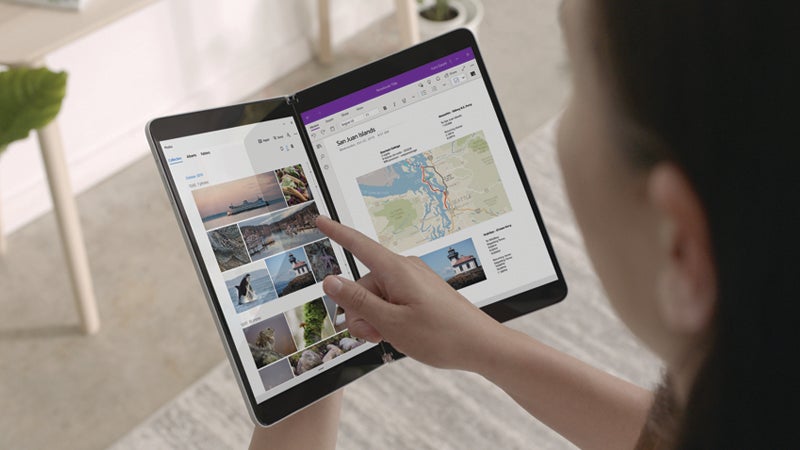
I’m confident that by 2030, Microsoft will need to launch Windows 12 in order to better support emerging technology. It’s anyone’s guess what that could be, but the impact of the likes of AR glasses (check out Apple Glass), VR headsets and cloud platforms should not be underestimated and could change the way we interact with computers. Maybe such improvements could be handled by intermittent software patches, but as seen with the need for Windows 11, that’s not always possible.
And let’s be honest, it’s pretty exciting to have an entirely new Windows OS rather than just another minor software update. I can’t remember the last time I’ve been so psyched to be a Windows user, which is a little sad considering I see Apple fans get excited by new macOS features every year.
I’m sure Windows 11 will be the go-to Microsoft OS for another six years at the absolute minimum, but I still believe Windows 12 is inevitable – and that’s a good thing.
Ctrl+Alt+Delete is our weekly computing-focussed opinion column where we delve deeper into the world of computers, laptops, components, peripherals and more. Find it on Trusted Reviews every Saturday afternoon.


